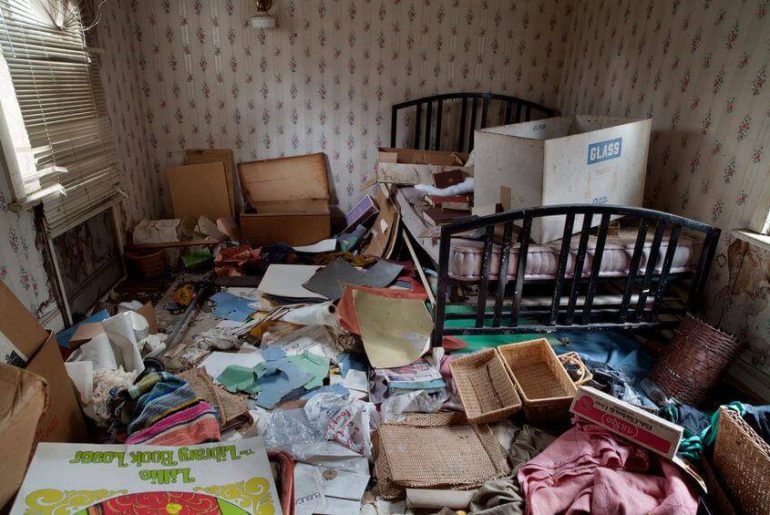In our last post, we urged landlords and property managers to take immediate steps to correct hoarding behavior when it is discovered. The tenant should be reminded of their statutory and contractual obligations to keep the rental unit clean, safe and sanitary.
Documentation is key – the more photos, videos, or notes, the better for your case in the eventuality of litigation.
Since the hoarder can easily become a subject of sympathy, it is prudent for the landlord to exhaust all available services and remedies before enlarging the seriousness of the situation. When it comes time for Bornstein Law to advocate for your case, the narrative we want to recount is that the property owner took proactive but compassionate steps to address the behavior, doing everything reasonably possible.
In a perfect world, the hoarding tenant will turn over a new leaf, but when the hoarding continues, your remedy is generally an eviction, which may be based on the tenant’s breach of a term in the lease, or a nuisance. This is best approached with the guidance of an attorney, as there may be multiple grounds for eviction.
Generally speaking, it is not helpful to judge the tenant, but focus instead on the legitimate health and safety concerns the hoarding is causing. While you can’t evict the tenant for hoarding per se, you can proceed for other reasons.
- Direct damage to the property
- Blocking emergency exits
- Interfering with ventilation or sprinkler systems
- Storing potentially explosive or other unsafe materials
- Keeping perishable goods in a manner that could attract mold or rodents
- Housing animals in a way that violates the law or lease agreement
If you’ve documented the conditions, put the tenant on notice, and afforded them an opportunity to cure the breach of any applicable lease conditions and/or code violations, and the hoarding continues unabated, you may pursue an unlawful detainer, the act of retaining possession of property without legal right. Whatever the merits of your case and reason for the eviction, there are numerous procedural requirements to follow when commencing an unlawful detainer action. For more info and the common reasons why unlawful detainers fail, visit our page dedicated to this topic.
A very common reaction to an unlawful detainer action we see at Bornstein Law is the tenant’s attorney requesting a “reasonable” accommodation because the tenant alleges protections under Federal and State disability laws. This argument is routinely made by the tenant’s counsel because as of May 1, 2013, hoarding has been officially recognized as a mental disorder by the American Psychiatric Association, catapulting tenant hoarders to a newly protected class. We’ll reserve that topic for our next post. Follow us on Facebook to stay in the know.

